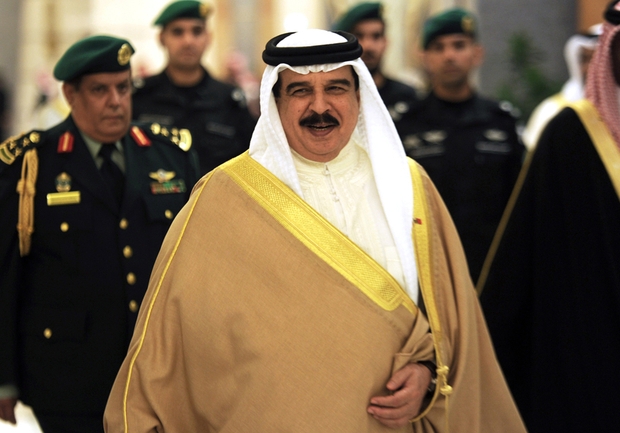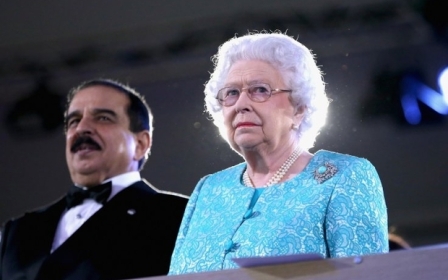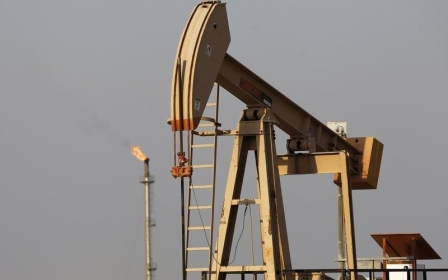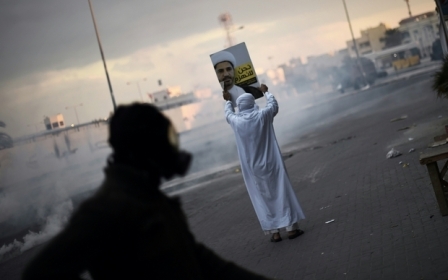Bahrain to ban members of dissolved opposition groups from elections

Bahrain's parliament approved a bill on Sunday barring members of dissolved opposition groups from running in elections, the latest step in a crackdown against dissent ahead of parliamentary polls this year.
Courts in Western-allied Bahrain, where the US Navy's Fifth Fleet is based, last year dissolved the main opposition groups al-Wefaq and National Democratic Action Society (Waad), accusing them of helping to foster violence and terrorism.
The Shura Council, parliament's upper house, passed the draft bill that bans leaders and members of political associations dissolved by the judicial system from standing in elections "due to their serious violations of the constitution and laws of the kingdom," state news agency BNA reported.
The bill, which has already been approved by the House of Representatives, the lower house of parliament, still needs to be signed by the king to become law.
Wefaq, which has strong links to the country's Shia Muslim majority, and Waad, which is seen as a secular movement, have both campaigned for social and political reforms in the island state, which is ruled by a Sunni Muslim royal family.
A former member of parliament for al-Wefaq, Ali Alaswad, criticised the move as an attempt to further stifle any opposition in the country.
"This latest move only confirms that Bahrain has no interest in welcoming opposition views into either parliament or the political process as a whole," he told Reuters by telephone from London.
Main opposition groups, including al-Wefaq, boycotted the last parliamentary elections held in 2014 to protest what they described as an unfair electoral system.
Bahraini activists say members of the Shia majority are subjected to systematic political and economic discrimination by the government, a charge the authorities deny.
Since the authorities crushed street protests in 2011, demonstrators have clashed frequently with security forces, who have been targeted by several bomb attacks.
Bahrain has accused the opposition of undermining security and blamed the bombings on Iran and Lebanon's armed Shia group Hezbollah. Iran and Hezbollah deny any involvement in Bahrain's unrest.
New MEE newsletter: Jerusalem Dispatch
Sign up to get the latest insights and analysis on Israel-Palestine, alongside Turkey Unpacked and other MEE newsletters
Middle East Eye delivers independent and unrivalled coverage and analysis of the Middle East, North Africa and beyond. To learn more about republishing this content and the associated fees, please fill out this form. More about MEE can be found here.




